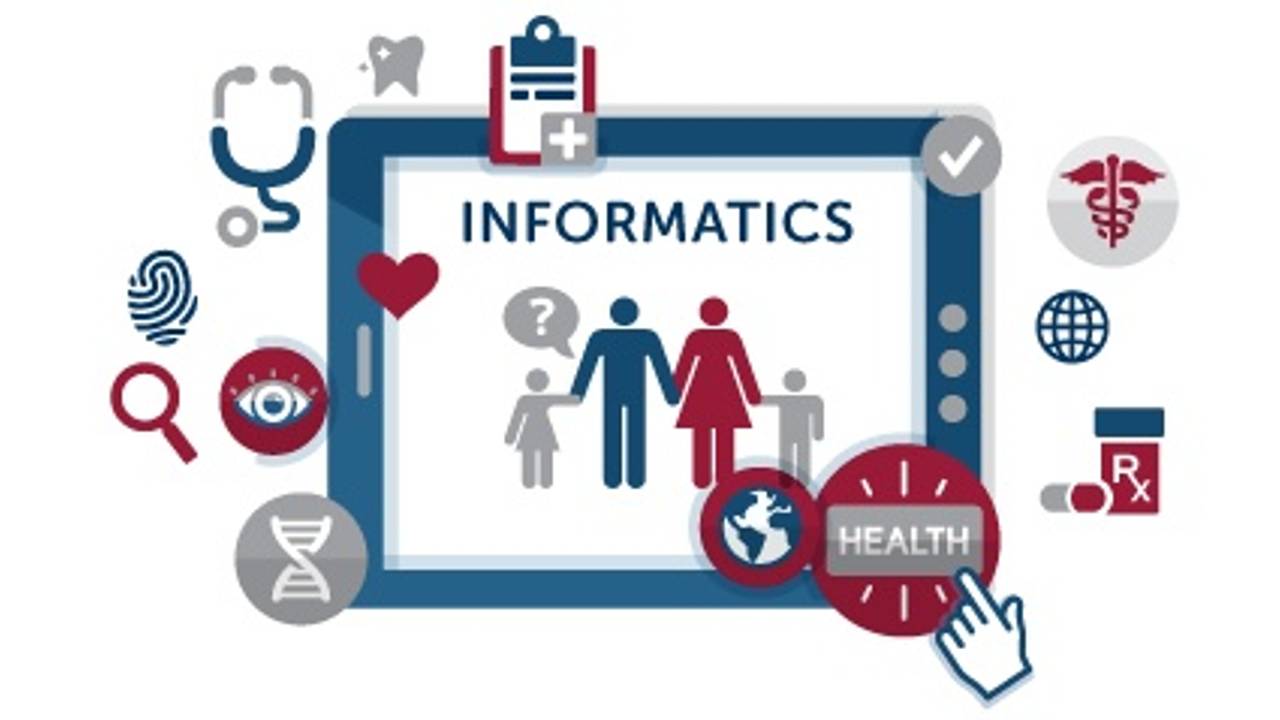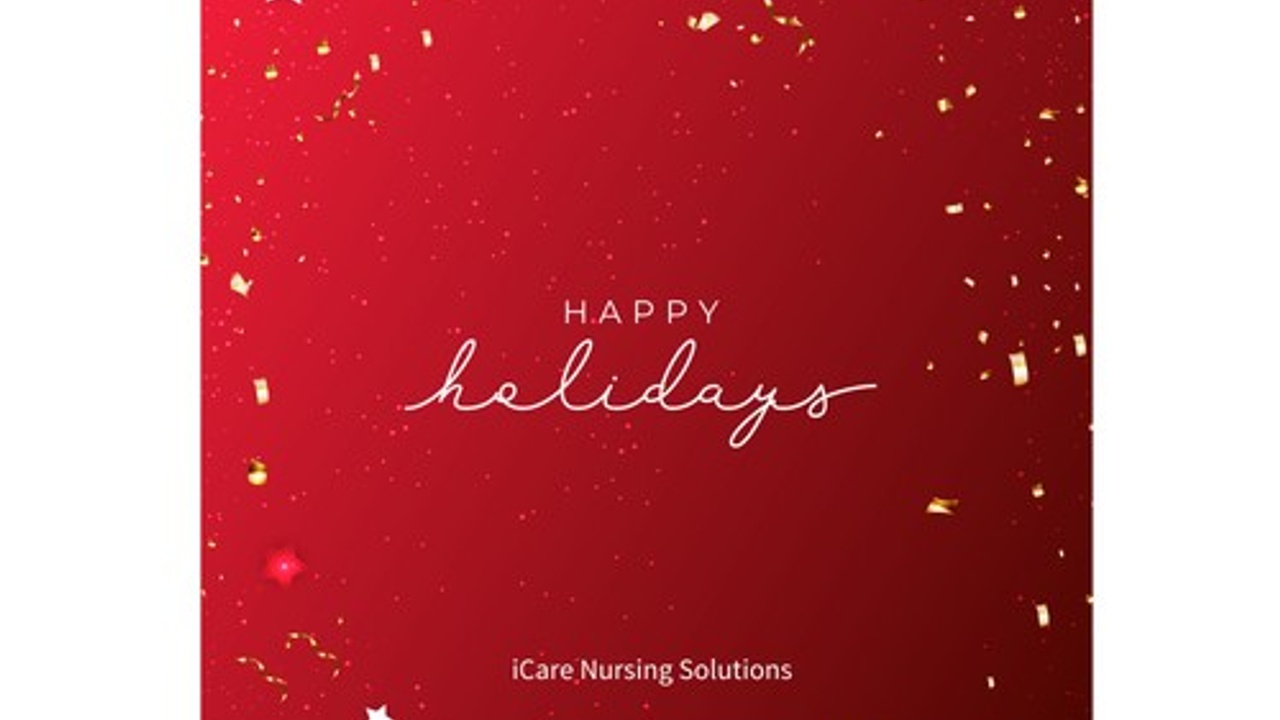Health Data for Health Insights

Yesterday, I ran a 5K starting and ending at the Boston Common and Public Garden. This was a flat course up and down Commonwealth Ave! A very Bostonian scenic tour by foot if you will.
As I was running the race, I kept a close eye on my pace via my Apple Watch. I wanted to reach a sub 11 minute mile and knew it would be a challenge for me. So, the frequent checks to my watch kept me informed about how I was doing along the 3.1 mile course.
I tracked the distance to see how much longer I would mentally need to prepare for at the pace.
I watched my heart rate to see where it fell as I was starting to feel like it was getting hard to keep up with that pace.
I also analyzed my results after finishing to see how I did across the three miles in terms of a pace. (I ended up at a 11 minute, 7 second average pace).
Then last night, I reviewed my last several months of speed in a longitudinal manner.
I am sharing all of this with you because we now have more data and information avail...
How to Grow when first getting Started in Health IT

A few weeks ago, I was speaking to someone about health IT and nursing informatics as a career pathway following direct nursing care.
The transition from direct nursing care to an IT role in healthcare informatics can be significant. The obvious change is stepping away from providing patient care in the sense that we tend to think of it.
Instead of being assigned the care of one to many patients (the number varying depending on your clinical area), nurses transitioning into a health IT role will be working as part of a team on digital health projects and IT optimization.
Such efforts require significant collaborative time working with clinical users, leaders, and translating decisions made during such design meetings into health IT build changes for future implementation. When not in meetings, your activities will require independent work on your laptop to configure and document the design decisions and manage communications.
The person I was speaking to was curious as to how o...
People, Process, Technology ... in that order

Good evening all,
I was walking down the street this evening with my AirPods in my ear, and music playing from my phone's Music app that is connected via Bluetooth. All of these technologies supported my preference to listen to a few songs while I ran some errands. When I returned home, I took the AirPods out of my ears, put them in the case, turned the Music app off and put the phone on the counter. The technology is there to use but I opted not to do so for what I wanted to do next (get dinner ready, write this blog post, and more).
I share this as a simple every day example of how technology is there to support our needs and preferences. Those needs and preferences come from people first in the context of workflows or processes.
If I did not want or like to listen to music while out, the AirPods and Music app would have limited relevance for me in how I use them.
In relation to nursing and healthcare, the same concept applies to the technologies that become available for use...
Demystifying Nursing Informatics

Here we are in February already, can you believe it?
I am writing this today on what is the coldest day of the year in Boston. It was bound to get cold up here in the Northeast. We've had a relatively mild winter but without fail, those chilly temps find their way to us.
Well, I entitled this post, Demystifying Nursing Informatics for a reason.
In my nearly 20 years within the speciality practice of Nursing Informatics, I continue to get asked by nurses (and non-nurses), "what exactly IS nursing informatics?
In fact one time, I was traveling to Duke University where I was teaching the Intro course to Nursing Informatics. I was trying to get to my hotel and there was a roadblock. I told the person that I was there to teach nursing informatics and his response was, "Info-what?!".
I laughed (and have never forgotten :)).
Well, for some time now, I have wanted to develop a program to help demystify this specialty practice that has brought me so many exciting opportunities in nursi...
Happy Holidays & Year End Review

Wishing each of you a happy holiday season!
As 2022 nearly comes to an end, it is natural to think about the future while also reflecting on the accomplishments of the past year.
At iCare, we saw so many of you reach your goals and share your successes with us! Those are exciting moments for us and we appreciate you sharing your accomplishments with us!
We also heard from you of areas where you'd like to see more from us in the year to come and beyond. (More to come in 2023...)
We upgraded our website and moved to a new platform for more ease of use and the opportunity to expand our offerings in a more seamless way.
We also added on some new programs with one more coming *hopefully* before the end of 2022!
Revamp your Resume was added to support your professional resume development. We often hear from nurses who are not in formal informatics roles but wish to do so, how they can showcase their informatics and health IT expertise. While this program was designed with this pers...
Advancing your Informatics Career...

During the summer of 2014, I finally committed to taking the informatics nurse board certification exam.
I did not know how to approach studying for it nor how it would go but I was tired of putting it off and knew if I did not do it soon, it would continue to get put off.
While I had my PhD in nursing informatics from Duke, I knew that I was still missing that third party validation of my knowledge that could be assessed by clients, customers, and colleagues. I did not want there to be any question that my knowledge, experience, expertise, and approaches to health IT projects and practice was comprehensive, thorough, and valuable to others.
Unfortunately, there have been many times where I have been asked, "what is informatics?" and "what do informatics nurses do?". Those are times when I reflect on their questions and recognize that more clarity is needed to our roles and capabilities.
One way to demonstrate your capabilities, expertise, and knowledge is to obtain a board ce...
How to Influence Change in the EHR and/or other Health IT Solutions

Years ago I was speaking to a nurse in direct care about some of the challenges she saw in documenting in the electronic health record (EHR). She looked at me and told me she felt like a glorified data entry specialist. We talked about what small things might make it better. She shared some thoughts but then said, who would I even go to about this? Who is here to help us make it better?
That memory has sat with me for years. I remember it vividly and it is brought back every time I hear another nurse or healthcare professional discuss something similar.
As a PhD prepared board certified informatics nurse, I've encouraged nurses and healthcare professionals that they have an ability to influence change in the EHR and/or other Health IT solutions. Some of the comments I've received have been:
"I don't even know where to even start."
"Who would I even talk to about my ideas?"
"I don't have an informatics or health IT background."
Informatics nurses and clinical IT professionals a...
Reflections on Patient-Centeredness for Quality Care

The term patient-centeredness is more than a concept and word when aiming for quality.
Patient-centeredness at a minimum refers to centering care around the patient.
Patient-centered care is one of the six elements of quality as defined by The National Academy of Medicine in Crossing the Quality Chasm.
Taken from the executive summary of that report:
"Patient-centered—providing care that is respectful of and responsive to individual patient preferences, needs, and values and ensuring that patient values guide all clinical decisions." (https://www.ncbi.nlm.nih.gov/books/NBK222271/)
Patients are people first, often with a lot going on outside of the immediate appointment, episode, or treatment.
Perhaps a televisit (over an in person visit), and prescription delivery services will help address some compliance issues related to distance, obligations, or cost to travel and park.
Perhaps knowing the patient's name when you walk into the room will help the patient feel as though you ar...
What do I like most about informatics?

I was recently interviewed for a graduate school assignment by a nurse who is pursuing a Doctor of Nursing Practice degree. I was happy to participate in the process and find it a great opportunity to help demystify nursing and healthcare informatics. Before I answer the question, it is important to frame informatics according to the definition.
Informatics can appear to be a field that is unclear and misunderstood if you've not had the opportunity to interact, participate in some way and/or work in the field.
I remember the first time I hear the word informatics, I was a clinical analyst at the time in the IT department (not nursing). I had been working on an EHR (electronic health record) project for some time and heard the word used by a nursing leader and IT leader. I didn't know what it meant at that time.
However, the questions I was asking at that time were what prompted the introduction to informatics.
A common misconception is that informatics is about the computer or ...
What exactly is Informatics?

A question I frequently am asked by students, clients, peers, and family is: "What IS informatics?" I am certain that I am not alone in this experience. Whether you are someone that gets asked the question or someone who is asking the question, it is often the first step toward understanding an appearingly mysterious field but yet quite necessary for quality care delivery in the digital age.
Informatics is the science of using data and information to generate new knowledge and wisdom (DIKW) in the discipline(s) of interest. While that definition is a bit abstract, the core concepts are introduced within it.
Informatics is not led by technology but rather supported by it to achieve the desired DIKW goals.
To help explain this, tune in to our Instagram page @icarenursingsolutions on Wednesday June 29th at 7pm to hear more. If you have questions we can help answer during the event, please submit them by email to [email protected].
The more we are able to clarify ...
